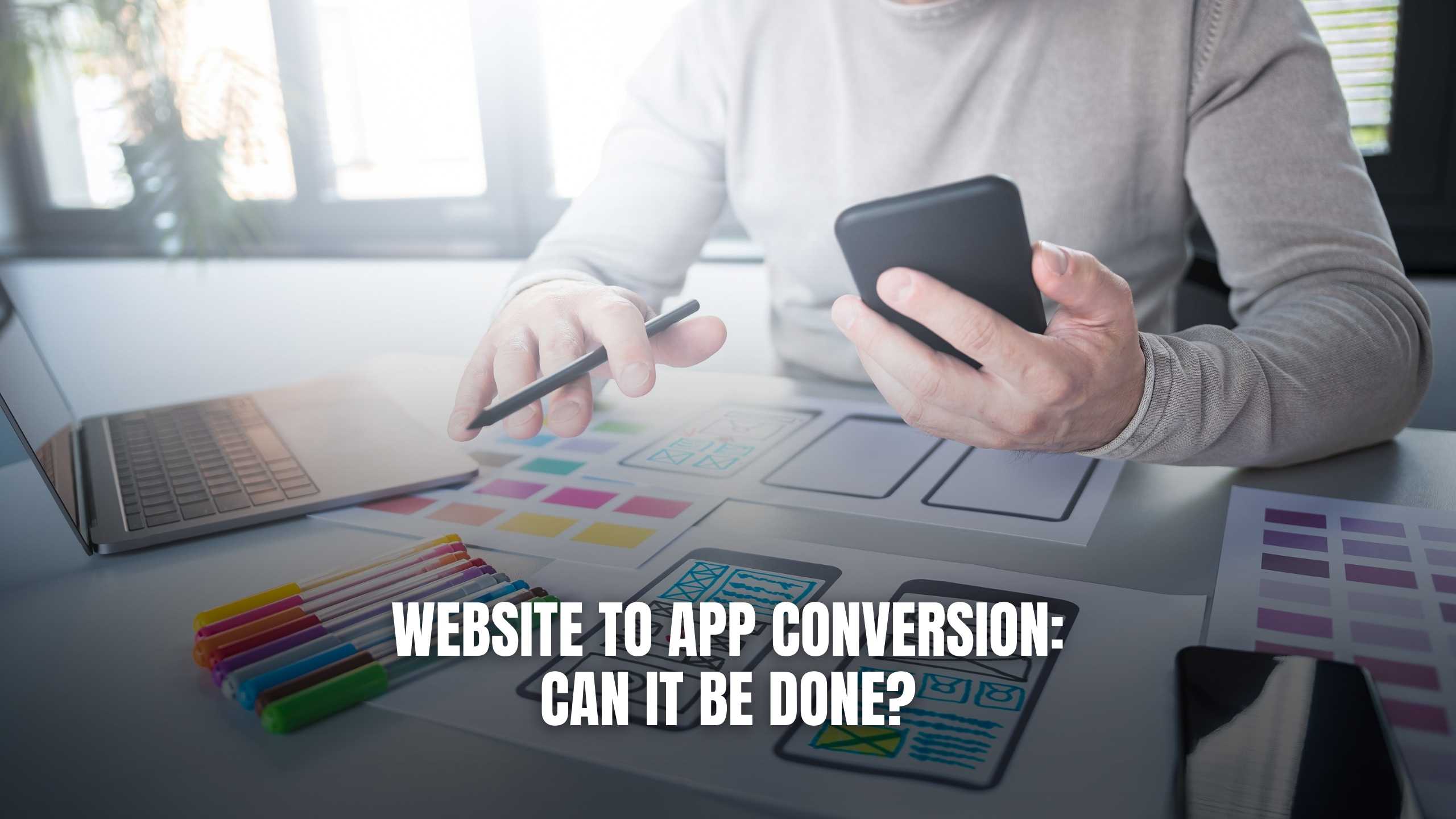Website to App Conversion: Can It Be Done?
- WebOps Platforms Bug Tracking & Feedback Software Web Development & Design


Website to App Conversion: Can It Be Done?
In the dynamic landscape of digital presence, the question of whether a website can be seamlessly converted into a mobile application is increasingly relevant. This comprehensive exploration unravels the complexities of website-to-app conversion, examining the feasibility, challenges, and potential solutions that exist in the realm of web development.
Understanding the Dynamics of Website-to-App Conversion
1. Progressive Web Apps (PWAs): Bridging the Gap
Progressive Web Apps (PWAs) have emerged as a transformative solution, offering an intermediate approach between websites and mobile applications. These applications leverage modern web capabilities to provide an app-like experience, complete with offline functionality and push notifications. Businesses embracing PWAs benefit from broader accessibility without the need for a separate app store presence.
2. WordPress Mobile App Plugin: Simplifying Transitions
The WordPress Mobile App Plugin streamlines the process for WordPress website owners seeking app conversion. By seamlessly integrating with WordPress sites, this plugin enables users to create mobile apps without intricate coding. It simplifies the transition, allowing businesses and content creators to extend their reach to a broader mobile audience.
3. OutSystems: Low-Code Development for Apps
OutSystems facilitates the creation of mobile applications through low-code development, offering a visual approach to building complex applications. This platform is relevant for businesses aiming to convert their website into an app with reduced development time and resources. The low-code environment empowers developers to focus on functionalities rather than intricate coding.
4. React Native: Cross-Platform Excellence
React Native has gained prominence as a powerful framework for cross-platform app development. Leveraging JavaScript and React, developers can build apps that function seamlessly on both iOS and Android platforms. This not only expedites the conversion process but also ensures a consistent user experience across diverse devices.
5. Adalo: No-Code App Building
Adalo stands out as a no-code platform, allowing individuals with minimal coding expertise to create functional mobile applications. This is particularly relevant for small businesses or individuals looking to convert their websites into apps without a steep learning curve. Adalo empowers users to visually design and deploy applications effortlessly.
Conclusion
In conclusion, the journey from a website to a fully functional app is not only feasible but also comes with diverse approaches catering to various needs. Whether opting for progressive web apps, leveraging WordPress plugins, embracing low-code development, or exploring no-code solutions, businesses have ample choices to embark on this transformative conversion journey.
Transform Your Digital Presence with Subscribed.fyi!
Ready to elevate your web-to-app conversion strategy? Subscribed.fyi offers exclusive deals on essential SaaS tools, providing insights and resources to enhance your development process. Sign up for free to unlock secret deals and access savings on tools that can streamline your website-to-app conversion journey. Empower your digital presence with Subscribed.fyi.
Relevant Links:
- Progressive Web Apps (PWAs)
- WordPress Mobile App Plugin
- OutSystems
- React Native
- Adalo
- Subscribed.fyi








